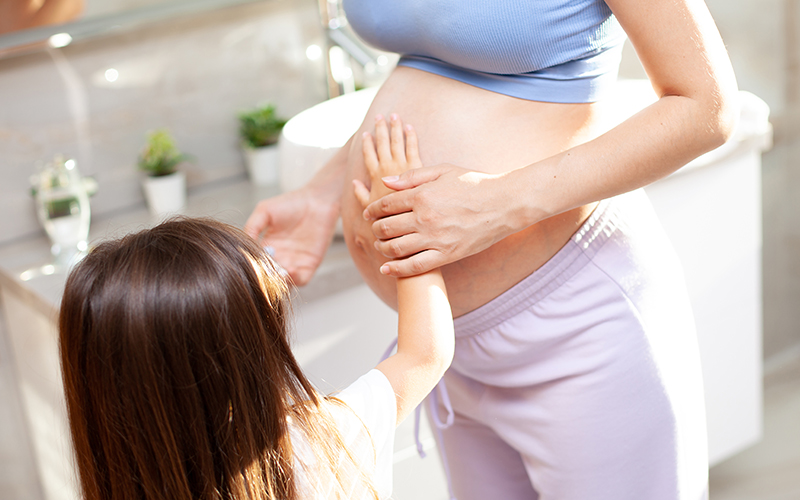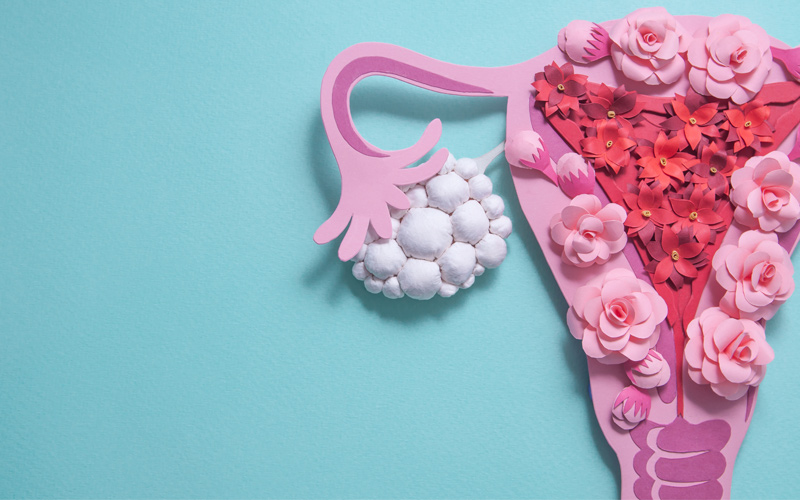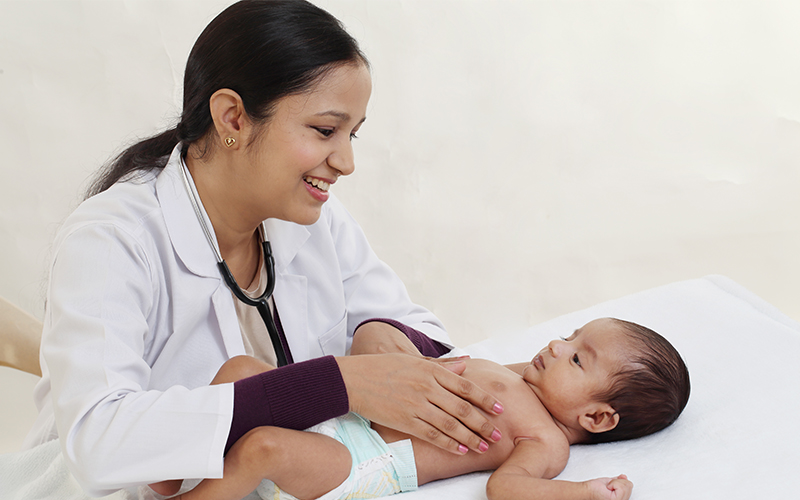Author – Motherhood Medical Team
Second child syndrome is a situation in which the second or middle child is adversely affected by the presence of his/her siblings. There are times when parents often end up pampering the youngest child and giving all the responsibilities to the eldest one. This induces a sense of rivalry and jealousy in the mind of the younger ones.
Renowned psychologist Kevin Leman argues that when children are caught between two siblings, they often feel ignored and suffer badly. This is known as second child syndrome. He further stated that the younger ones may not give words to their experience, but rather communicate their distress with their behavior. The situation arises when parents exercise an extreme amount of favoritism and partiality towards one child.
Signs of child syndrome:
- Low self-esteem
- Jealousy
- A feeling of directionlessness
- Feeling that nothing is expected from them
- Anger
- Irritability
- Shying away
Characteristics of child syndrome:
- The child yearns for affection
- Tries to grab attention
- Hates comparison
- Sibling rivalry
- Confusion between behaving as an introvert Or an extrovert
Possible triggers:
Identity crisis – looking for places to fit in and struggles to understand the situation
Parental support – looking for parental support. The child hates the feeling of biasness and unfulfilled needs.
Prevention:
- The parents must be mindful of each child’s individual needs.
- Try to be a listener, not a judge
- Play along with them. Encourage them. Stay connected.
- Instill a feeling of love for the siblings
- Try not to over pamper
- Let them be different
- Make them feel special
- Teach them to share with you.
Second child syndrome often results in low self-esteem in the child. Parents must take care of the individual needs of each of their kids. The middle child usually suffers from jealousy. Parents must try to instill feelings of love and acceptance towards the elder sibling.
At Motherhood Hospitals, we have a team of experienced super specialists backed by the latest in infrastructure and facilities. We have the best Gynaecologist who are experts in handling complex deliveries, gynaecological needs, and other surgeries including a range of laparoscopic surgeries.
Do take an appointment with the best women and childcare hospital at a centre closest to you. Meet with our doctors who will carry out the required investigations, diagnose the issue and recommend the most appropriate treatment, enabling you to lead an active life.
If you wish to get in touch with our doctors, please book your appointment here.


 Toll Free Number
Toll Free Number
















